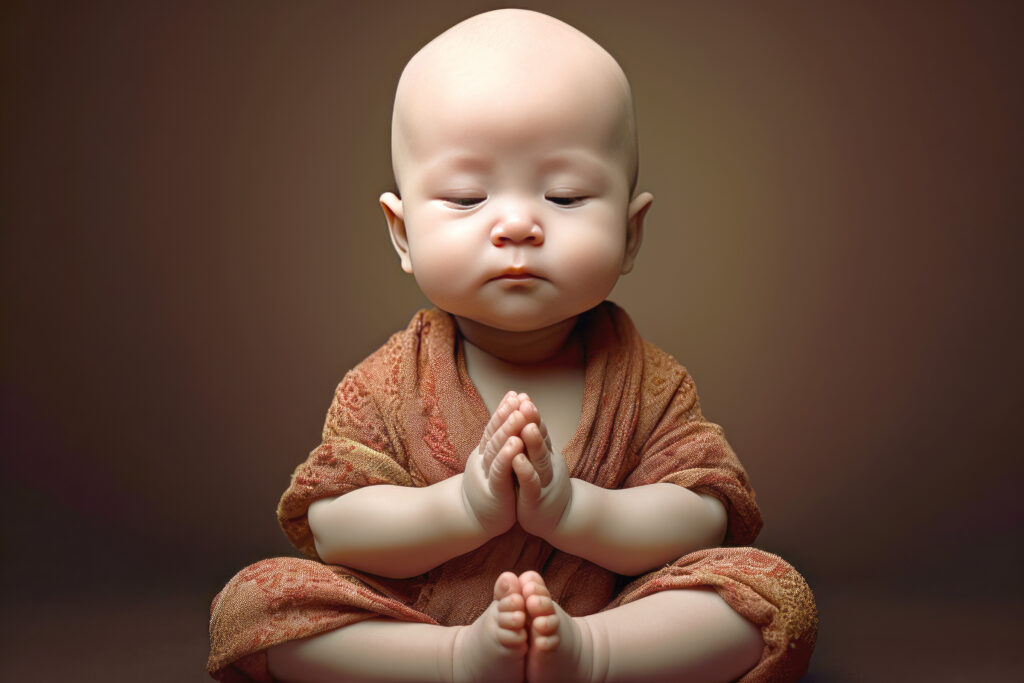December 21, 2023
The Interfaith Peace Project continues its ongoing observance of the International Day of Peace, September 21, by sending out a reflection on the twenty-first of every month. We invite you to share in this effort by sending any articles or information that you would like to share to:
Thomas P. Bonacci, C.P
[email protected]
925-787-9279

stock.adobe.com MarijaBazarova
CAUSE NO HARM
Continuing to Honor The International Day of Peace
by Thomas P. Bonacci, C.P.
Long before the invention of the scientific method, the Buddha invited his followers to investigate the truth of anything they might have heard, been taught, or believed. The Buddha did not advocate subjectivity, which views the world only from a personal
perspective. The Buddha was even skeptical of his own beliefs, subjecting them to openness and inquiry. The quest for truth was always tempered by the teaching: Cause no harm.
The founders of any tradition are often praised for their power and ability to influence. There is a certain admiration for the strong, powerful, and influential. With the rise of Nationalism and Authoritarianism, many are tempted to “worship” the bully, whether in the pulpit or the seats of government. They seem indifferent to the harm they cause. In fact, they call for the hurting and killing of people in the name of their desire for power, wealth, and control.
The story of the birth of Jesus is often subjected to the Hallmark culture. It is now fashionable to ponder the birth of Jesus in terms gentle and mild. However, the New Testament presentation of the birth tells a remarkably different story.
The Gospel of Luke emphasizes the displacement of the family of Jesus because of an unjust census claiming imperial authority over the people. The Gospel of Matthew portrays the family suffering exile and violence at the hands of a despot. This is not the sum and substance of the holiday season, but it reflects the contemporary world in which we live.
It was not uncommon for great religious leaders to suffer persecution, rejection, and organized hostility. Often, they were attacked in the name of religion. They were accused of infidelity and heresy because they cried out for justice, understanding, and the radical inclusion of the poor and rejected.
Our world is in danger because some powerful people have made hatred popular and violence a way of life. We need to honestly examine whether such a political strategy is in keeping with the meaning of the holiday season. We might discover that the politics of retribution, violence, and name-calling are contrary to what it means to be human. We might ask ourselves the question as to whether our thoughts, words, and actions cause harm.
Blessings to you, Holy Community, for striving to cause no harm in your thoughts, words, and actions. Thank you for honoring the dignity of every person as you seek to be people of peace, even in the time of division and conflict. Blessings to you this holiday season as you share your peace and love with everyone you meet.


Off